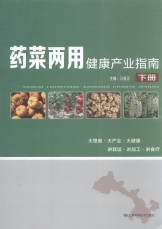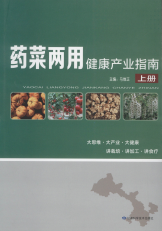
主要责任者: 马维正
责任方式: 主编
出版者: 甘肃科学技术出版社
出版地: 兰州
字数: 821 千字
页码: 1-680
开本: 16
中图分类号: F326.13-62
分辑名:下册
语种:中
定价:118.00
出版时间:2015-03
丛书多卷书否:是
书目简介:本册工具书共收录382条词条。

主要责任者: 马维正
责任方式: 主编
出版者: 甘肃科学技术出版社
出版地: 兰州
字数: 821 千字
页码: 1-680
开本: 16
中图分类号: F326.13-62
分辑名:上册
语种:中
定价:118.00
出版时间:2015-03
丛书多卷书否:是
书目简介:本册工具书共收录89条词条。